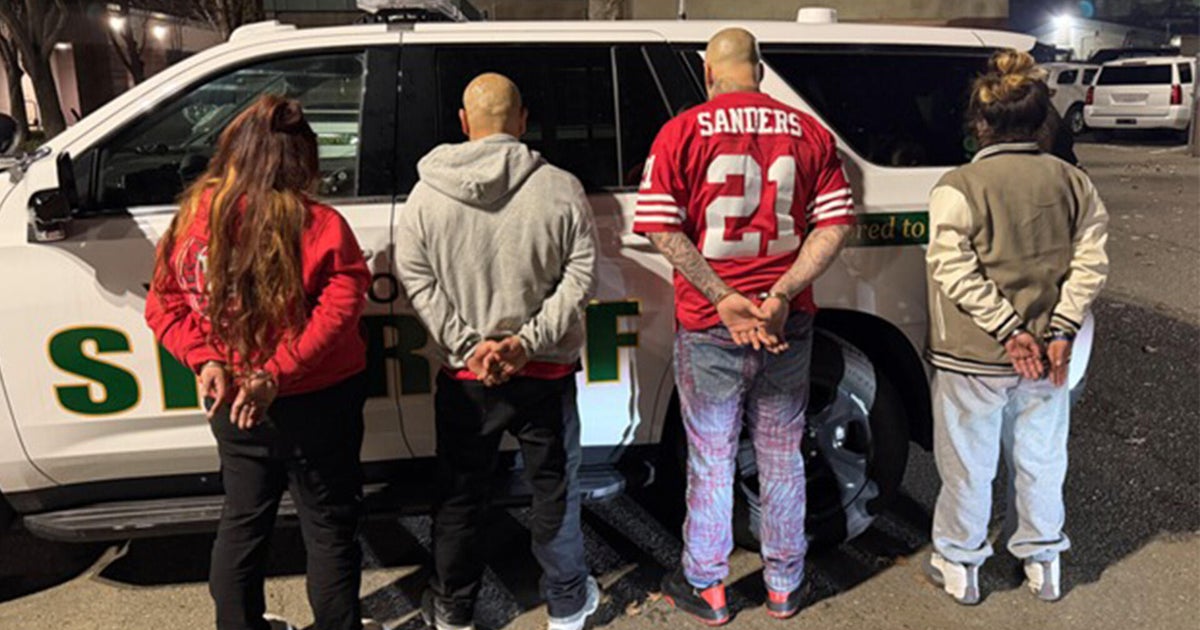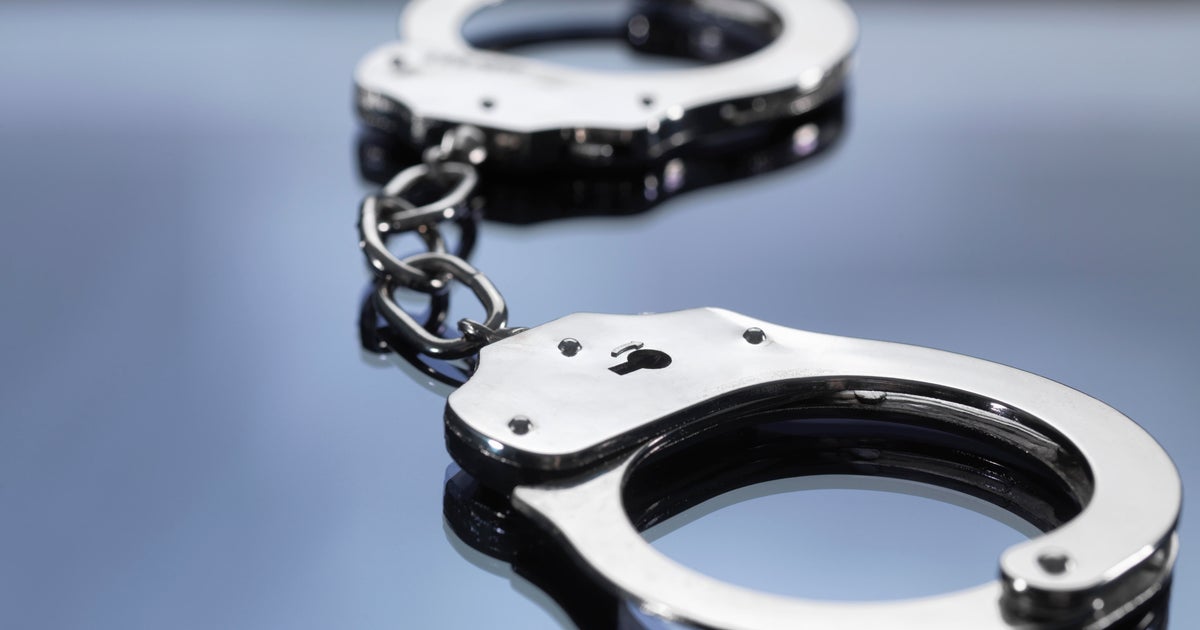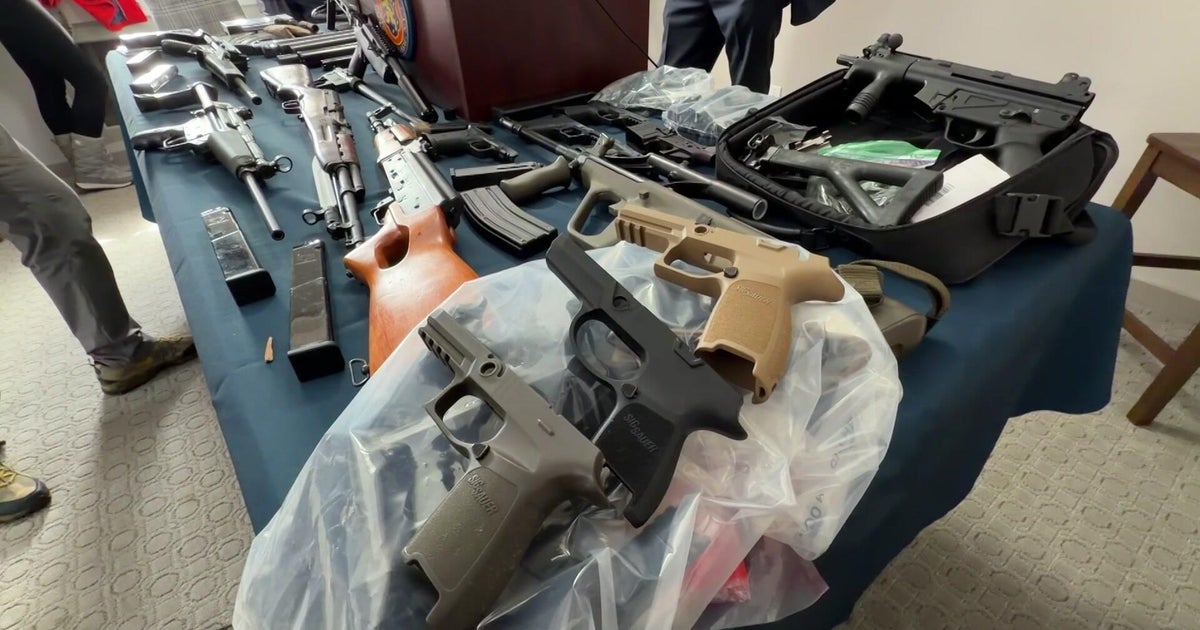Brazen Gun Store Thefts Have Owners, Lawmakers Rethinking Security
SACRAMENTO (CBS13) — More than 100 guns are still missing two weeks after thieves rammed a car into a Rocklin gun store. That theft was followed by two more gun store heists in Elk Grove.
Police say they're close to making a connection between the three thefts, but for now, the trend is raising new concerns about how gun stores are secured.
California lawmakers say more needs to be done to beef up security to keep the guns from falling into the wrong hands.
All gun purchases and sales in this country are regulated by the Bureau of Alcohol, Tobacco, Firearms and Explosives, but the ATF doesn't tell gun store owners how to secure those guns. Instead, the agency recommends they secure guns like we do our homes—with locks and alarms.
But that's not going to do much when thieves plow into a business with a truck and sweep a store for any guns they can find.
"It creates total havoc," said Andrew Tonis. "Just like the store in Rocklin."
His Elk Grove gun shop and a neighboring shop were hit over the weekend, but in both cases, the thieves left empty-handed. That's because the stores keep guns behind deadbolted doors and not in glass cases.
"That's the way the [Department of Justice] and the ATF wants you to lock up your guns," he said.
Assemblyman Jim Cooper, a former sheriff's deputy, recently introduced a package of gun bills, but says gun store regulation needs to be closely examined.
"Knowing the way California is sometimes, if they don't police themselves, the legislature will police them," he said.
Some big box stores have built-in pillars to prevent cars from crashing through the front. The state capitol has similar pillars that were installed after a truck rammed into it back in 2001.
"It's tough," Cooper said. "You do have responsible gun owners that buy firearms, and bad guys that steal them and buy them on the black market."
There is no updated national data on gun store thefts, but the U.S. Department of Justice says 1.4 million guns were stolen across the country between 2005 and 2010. The majority were never recovered.







